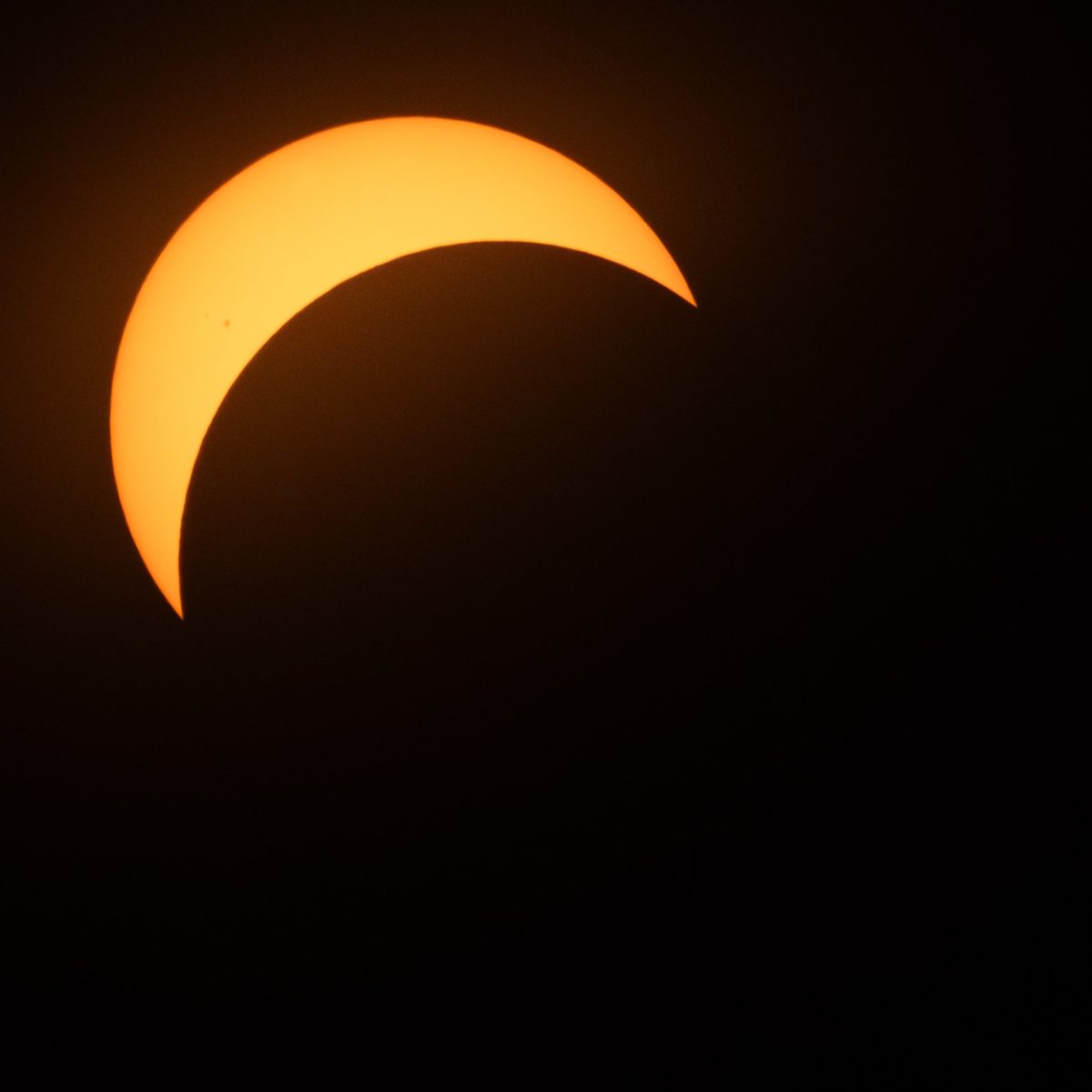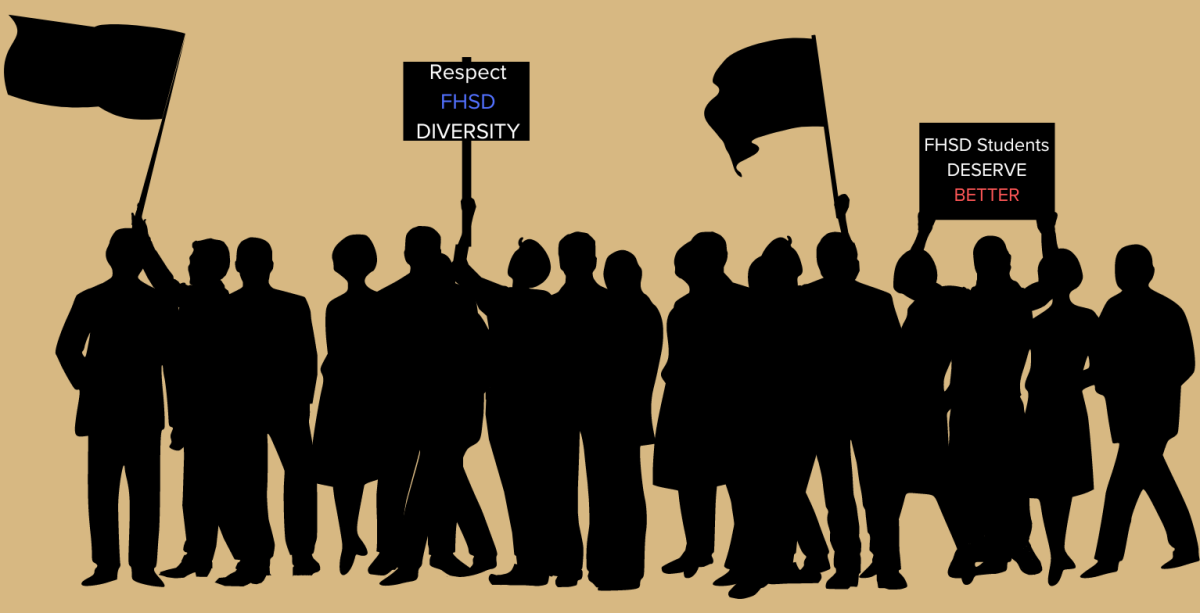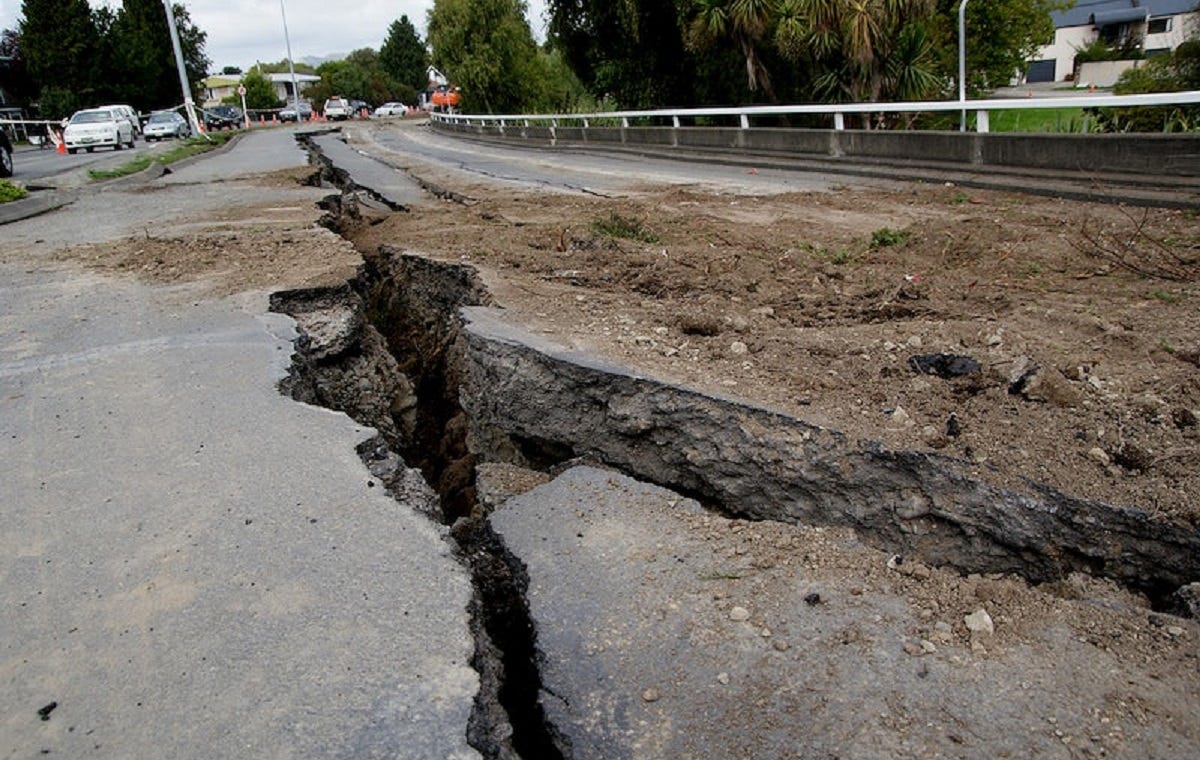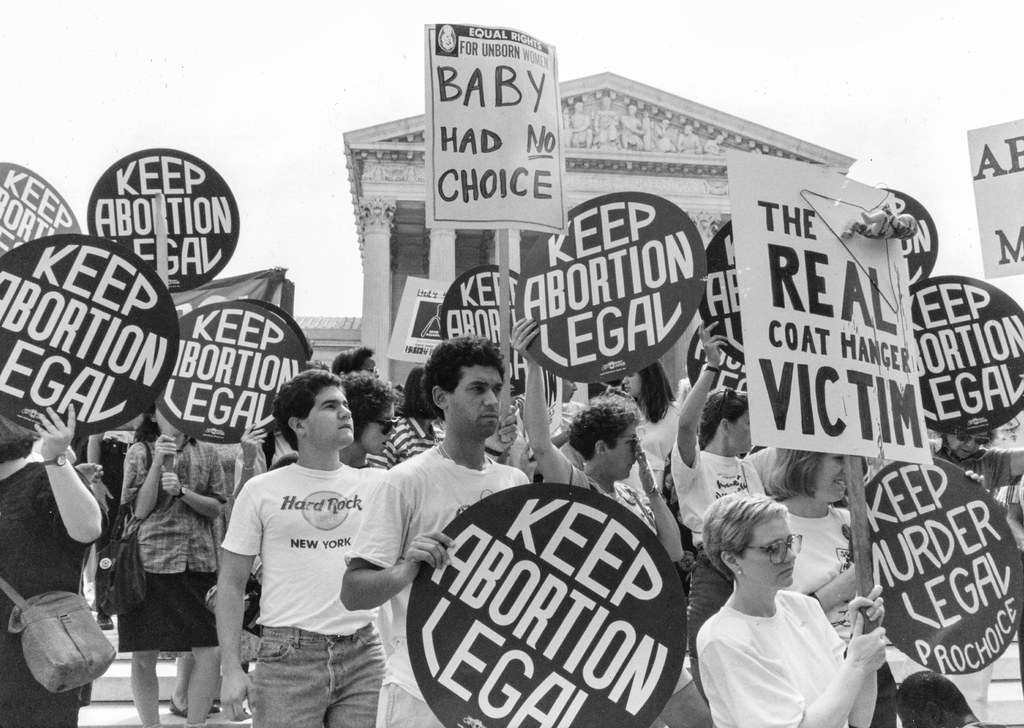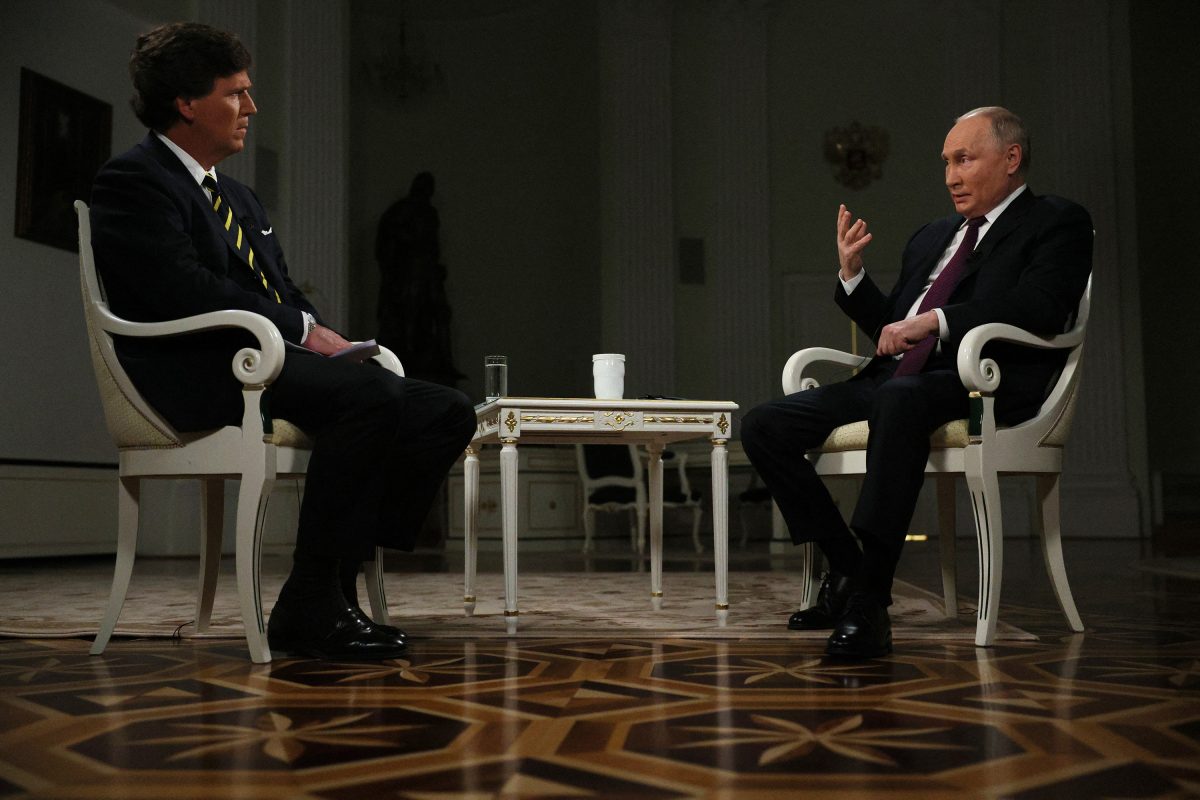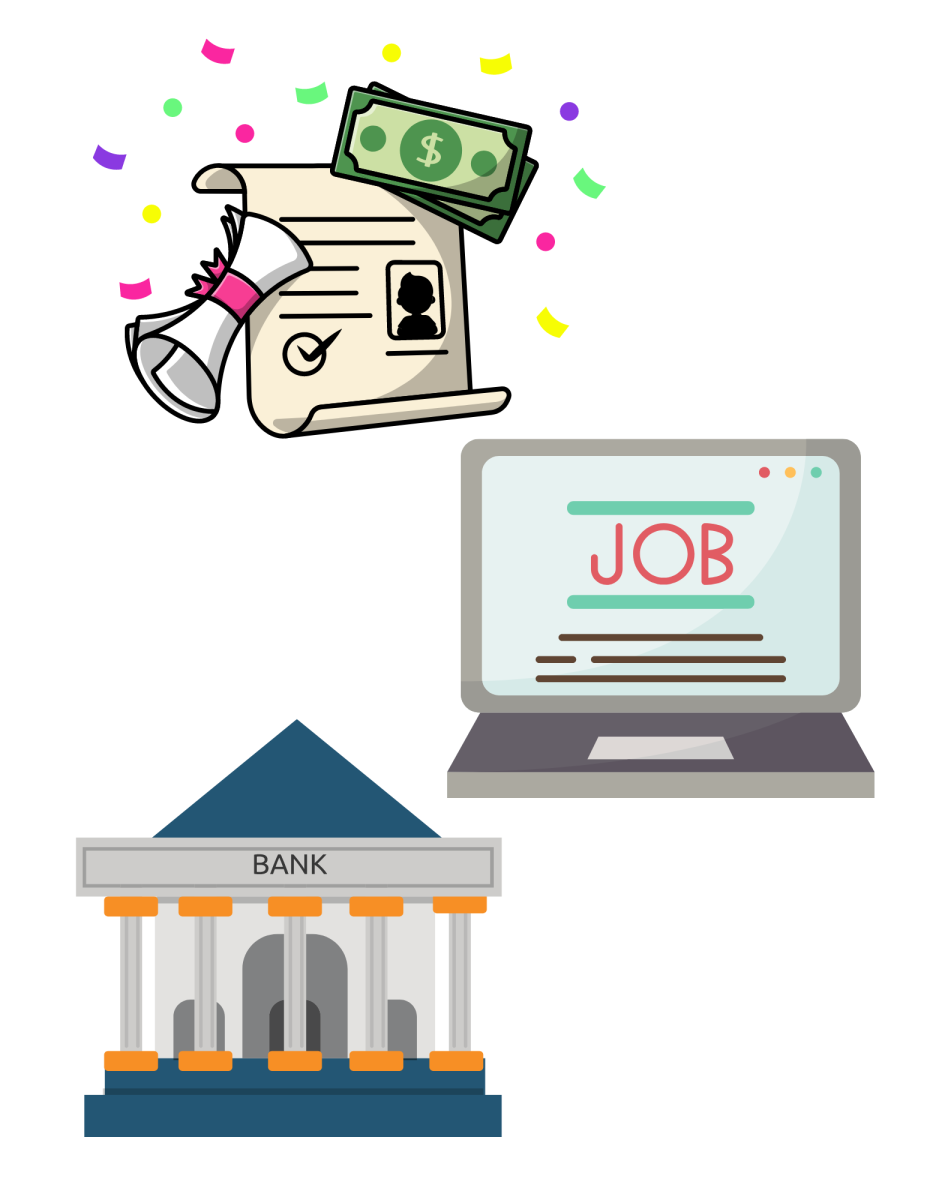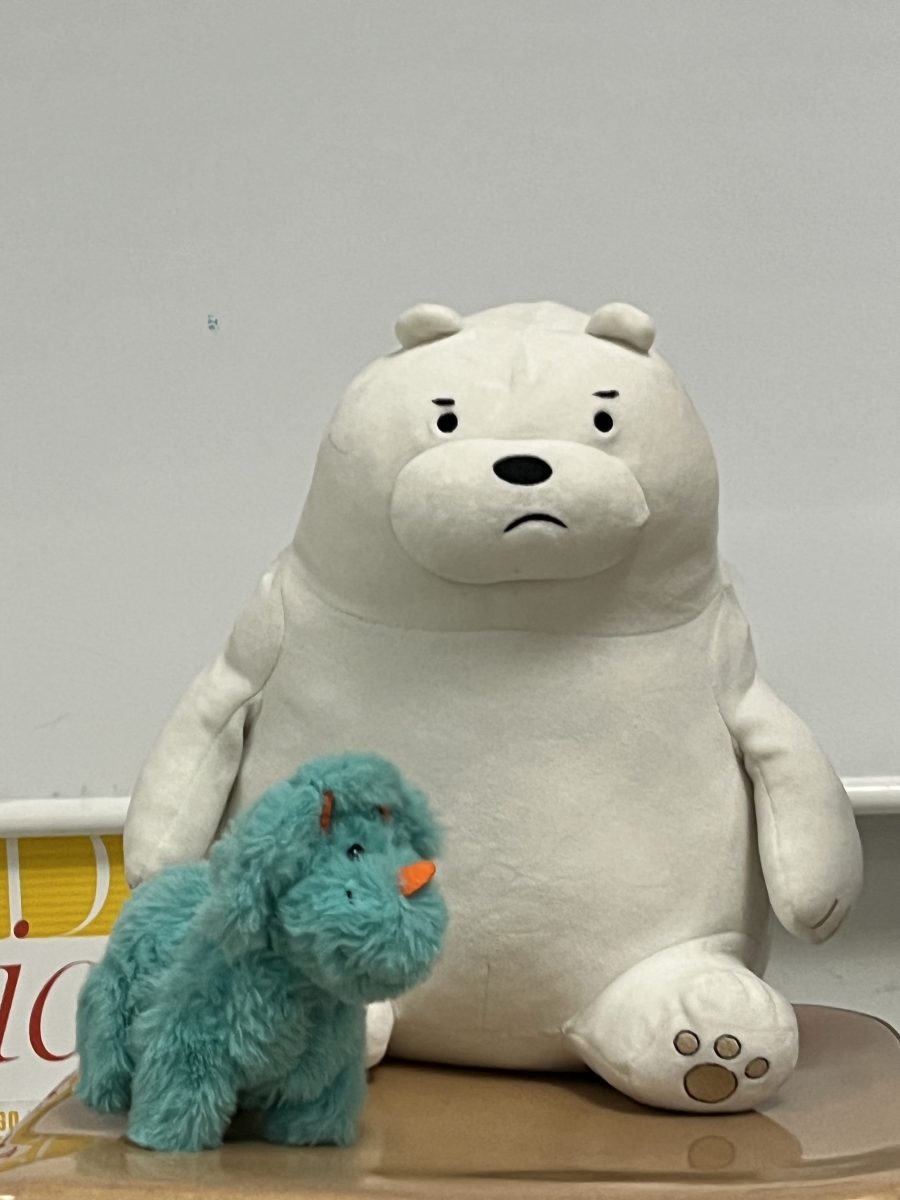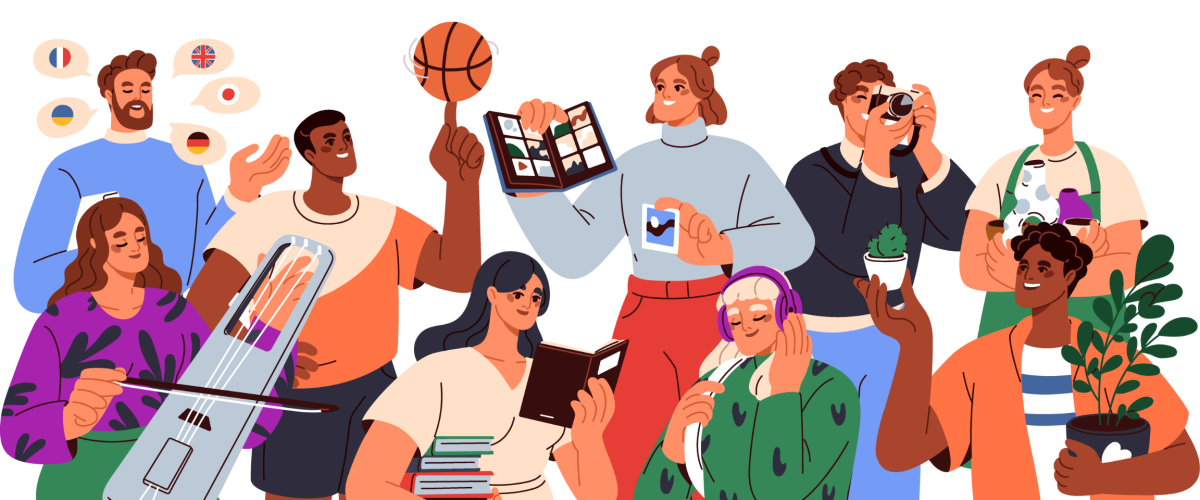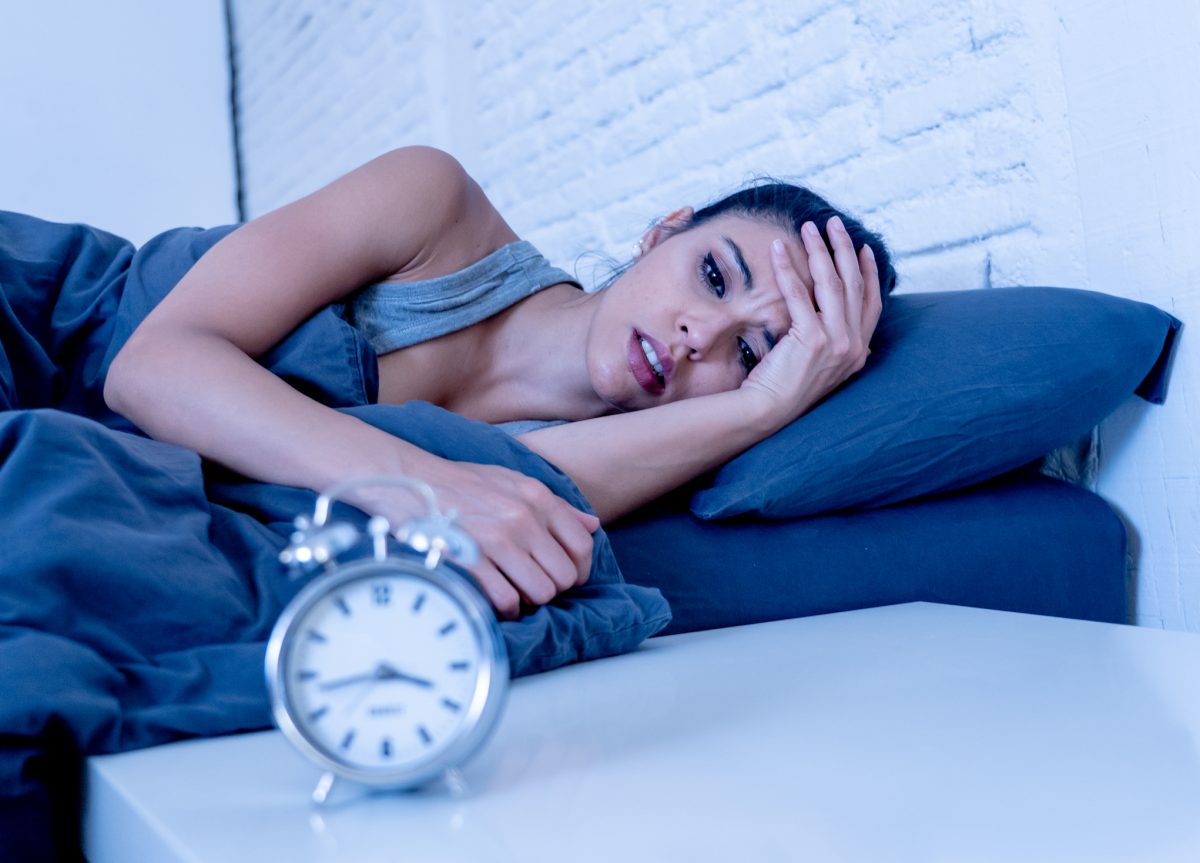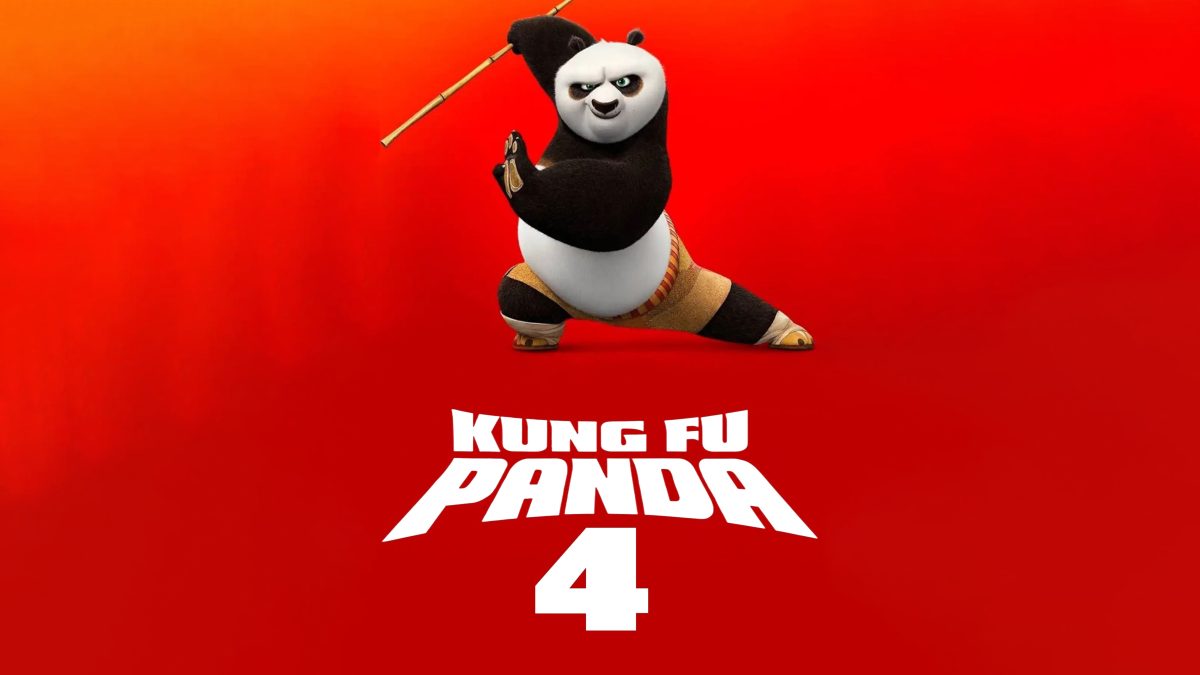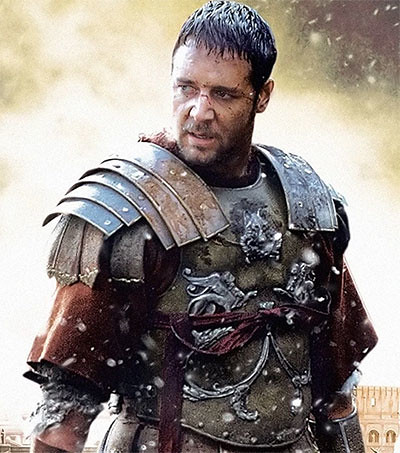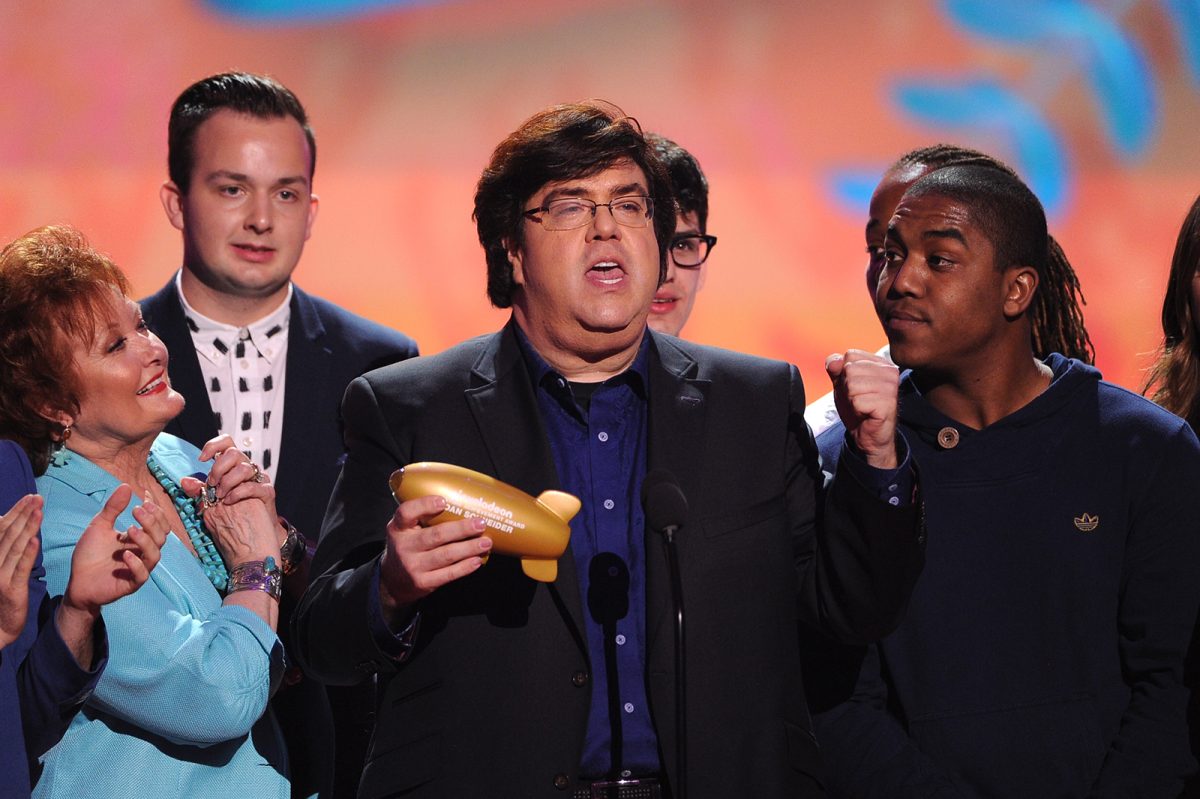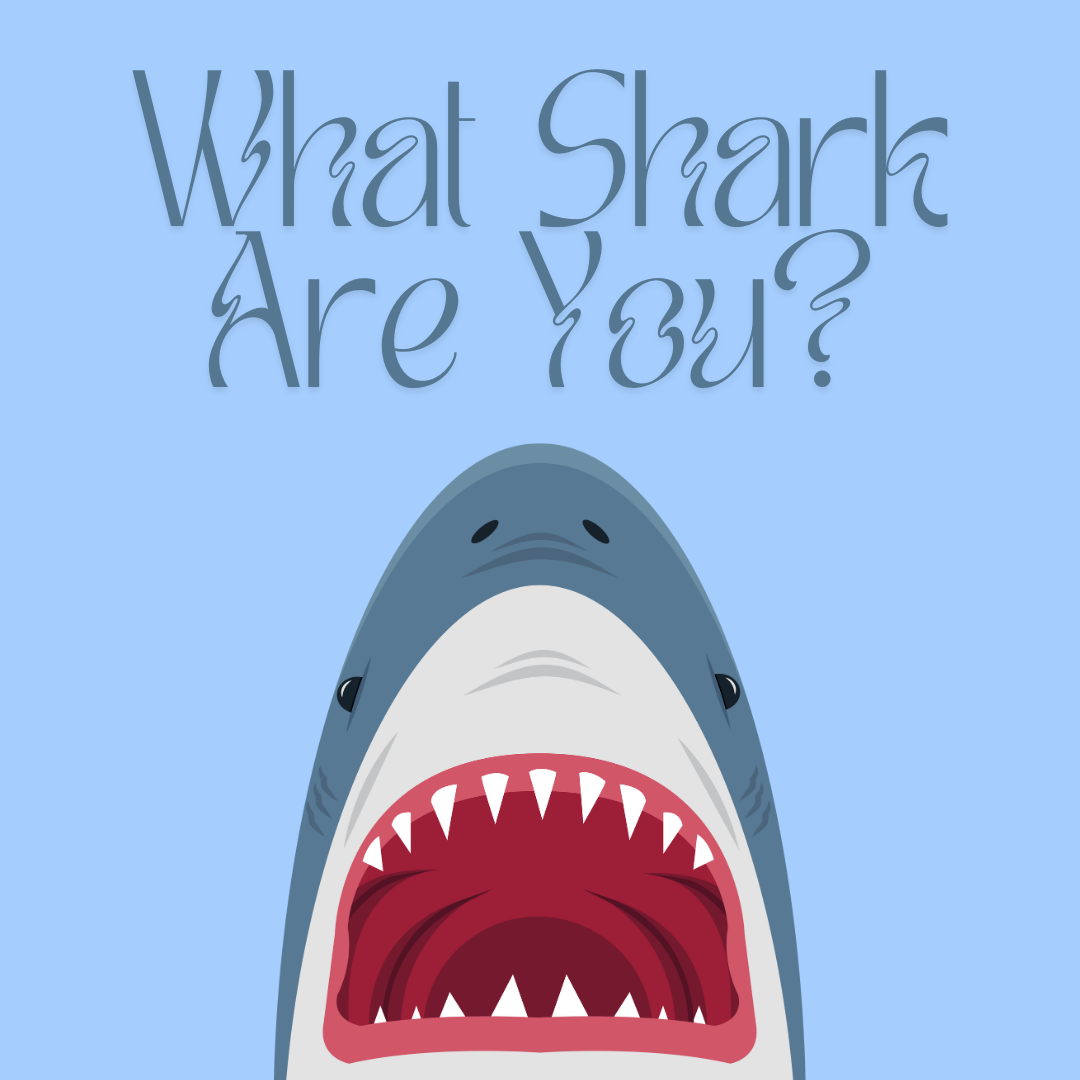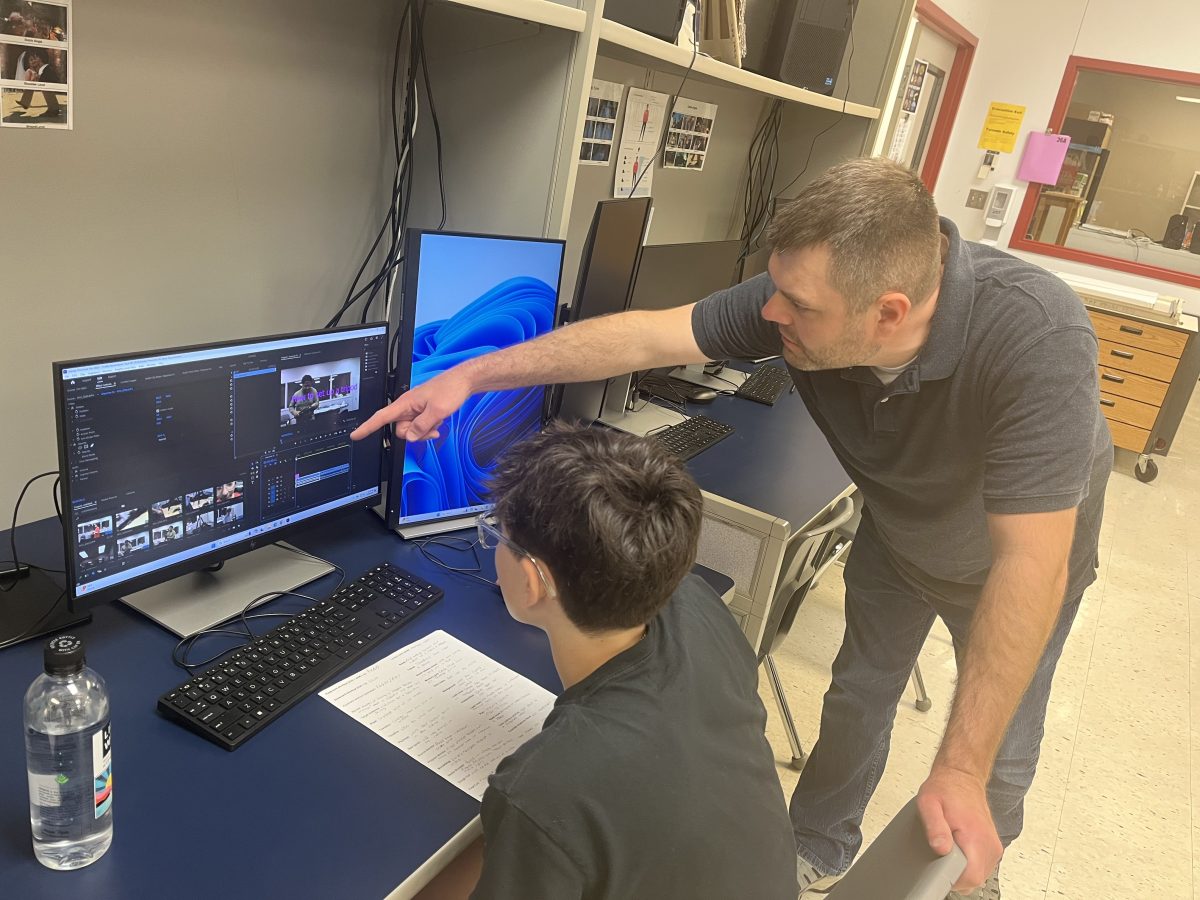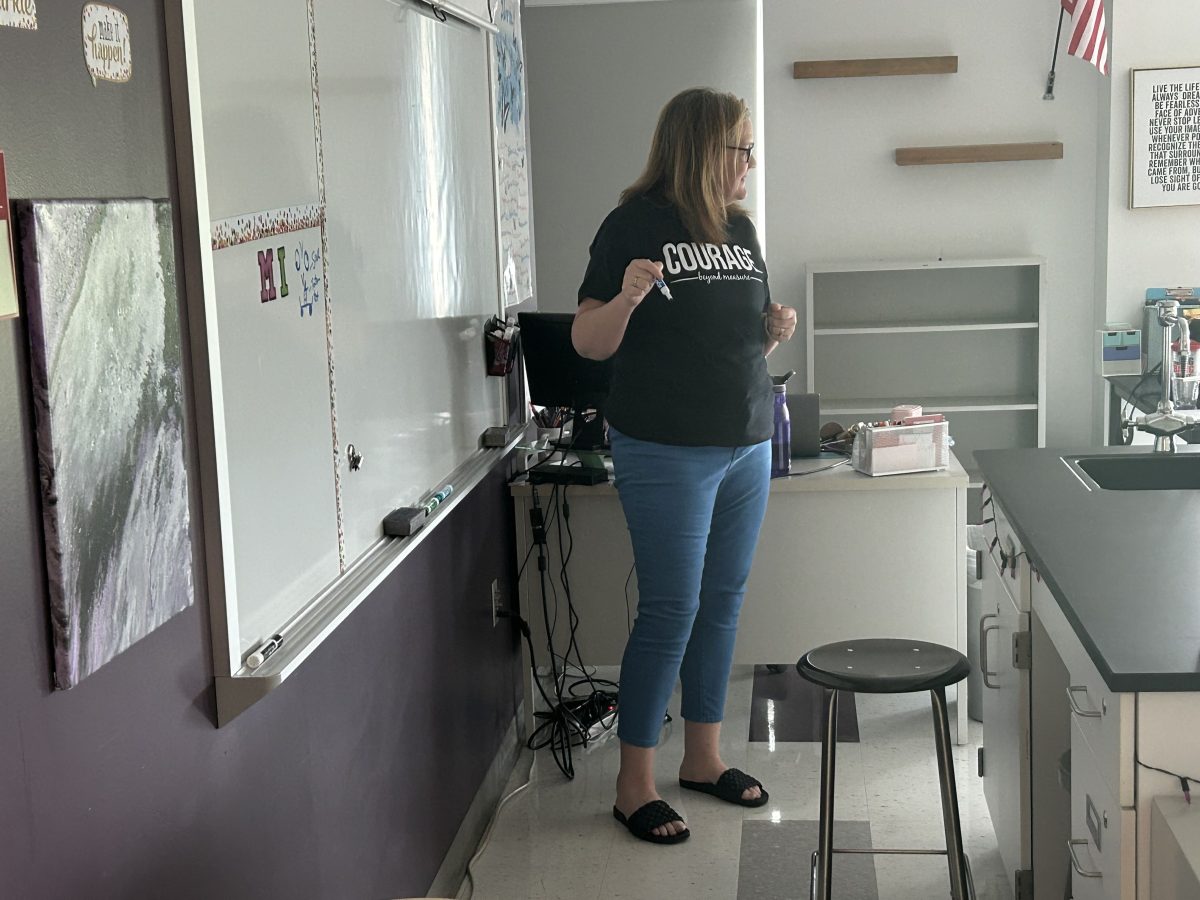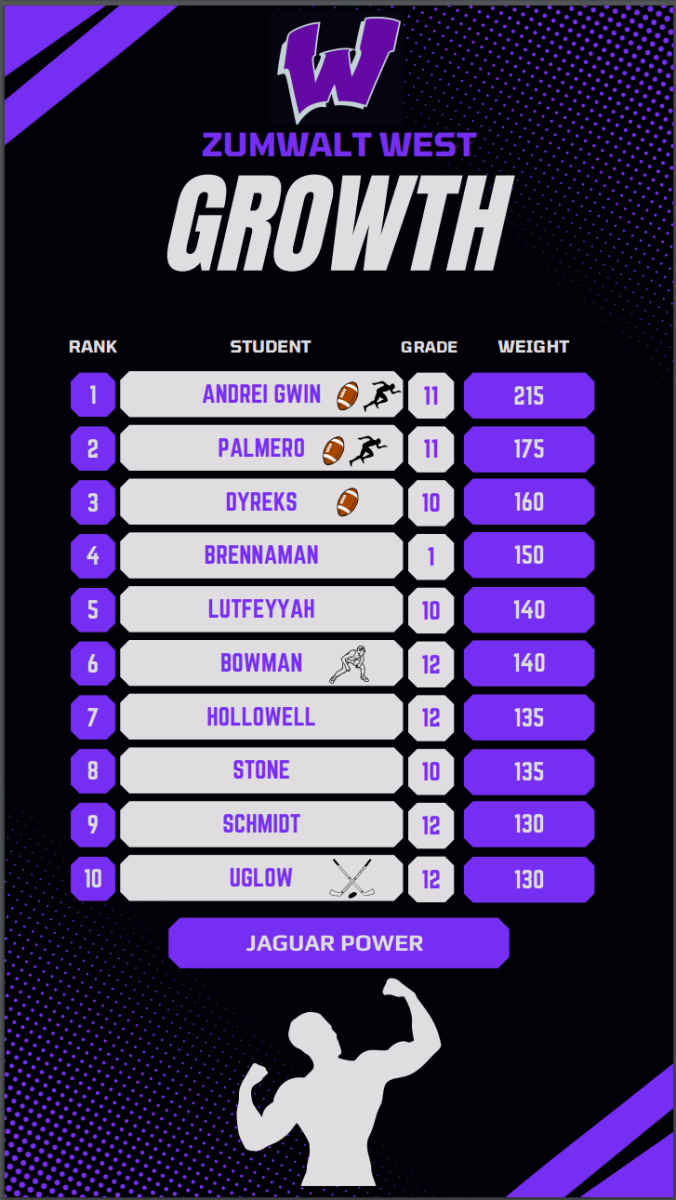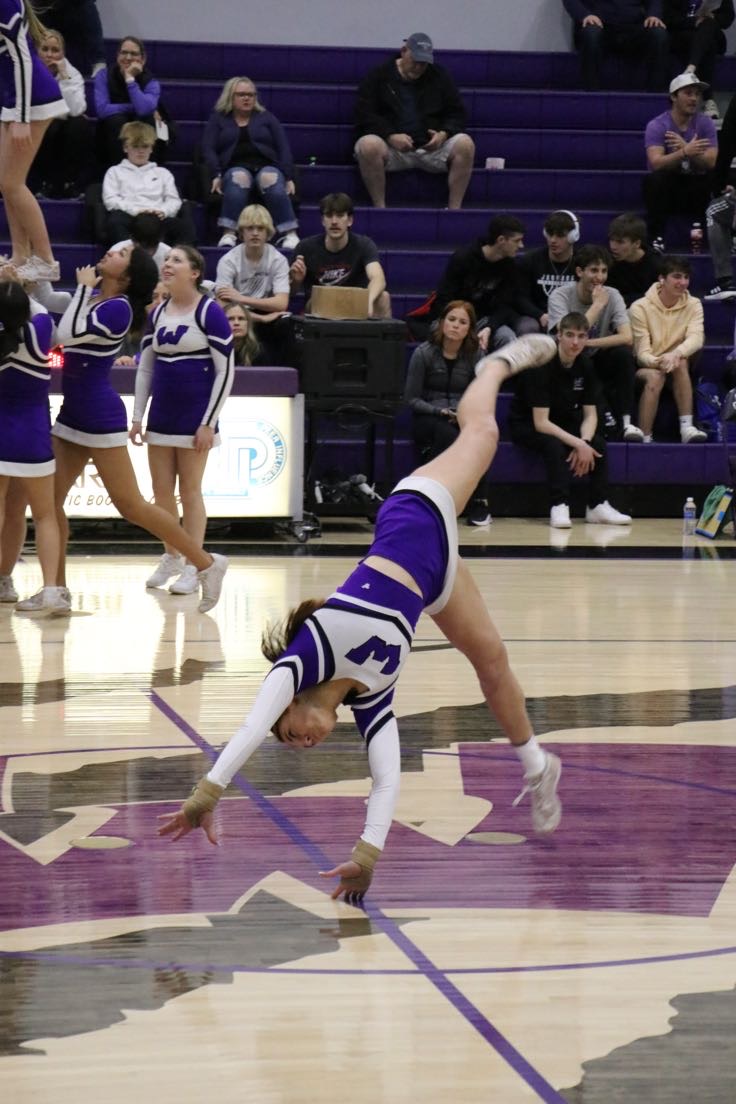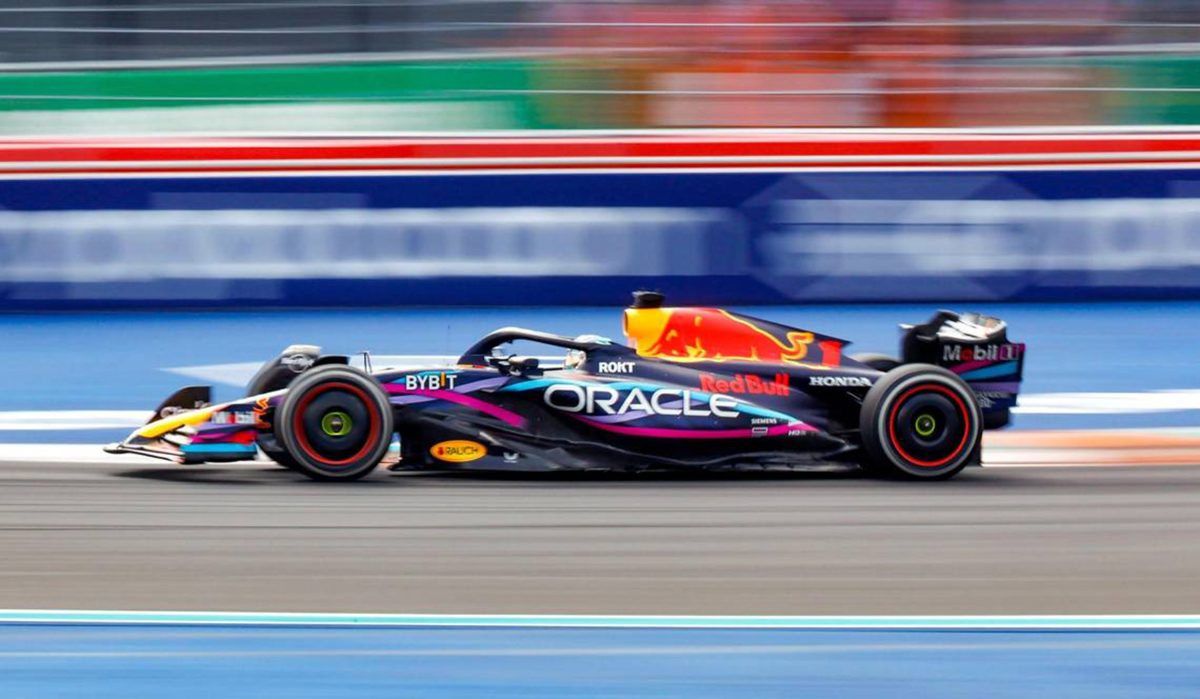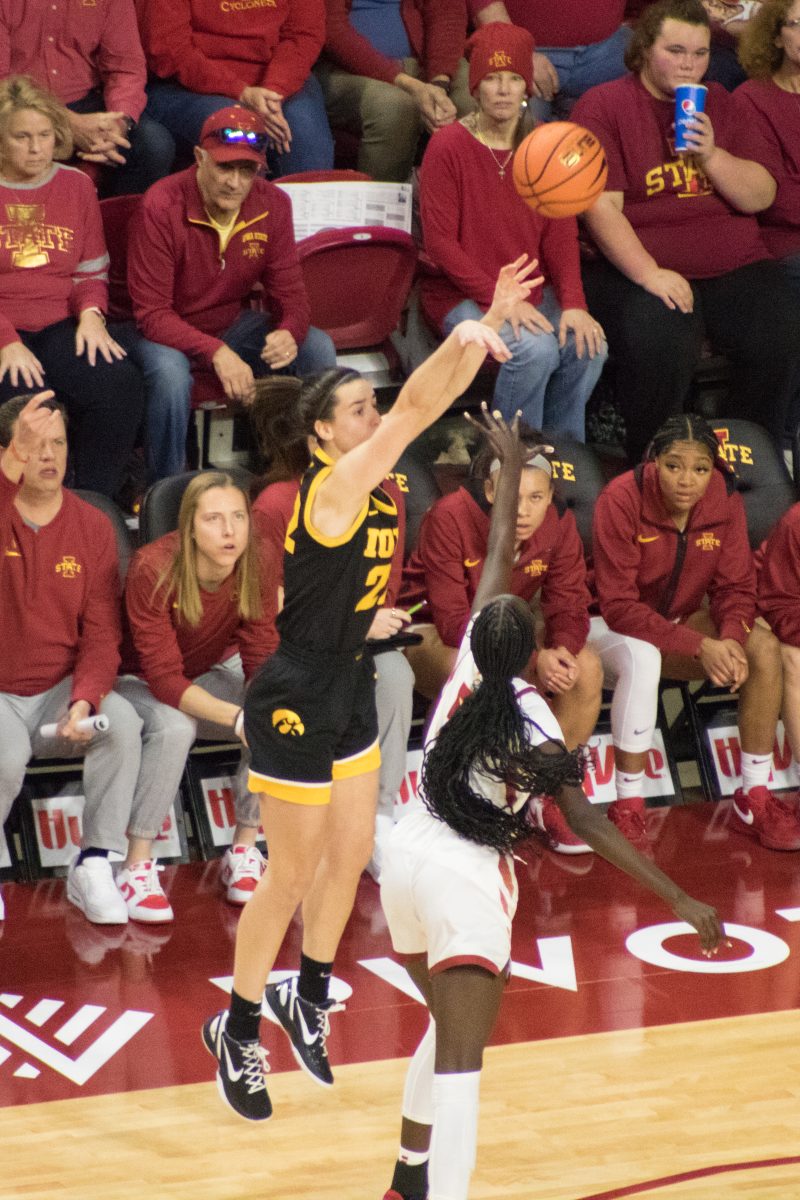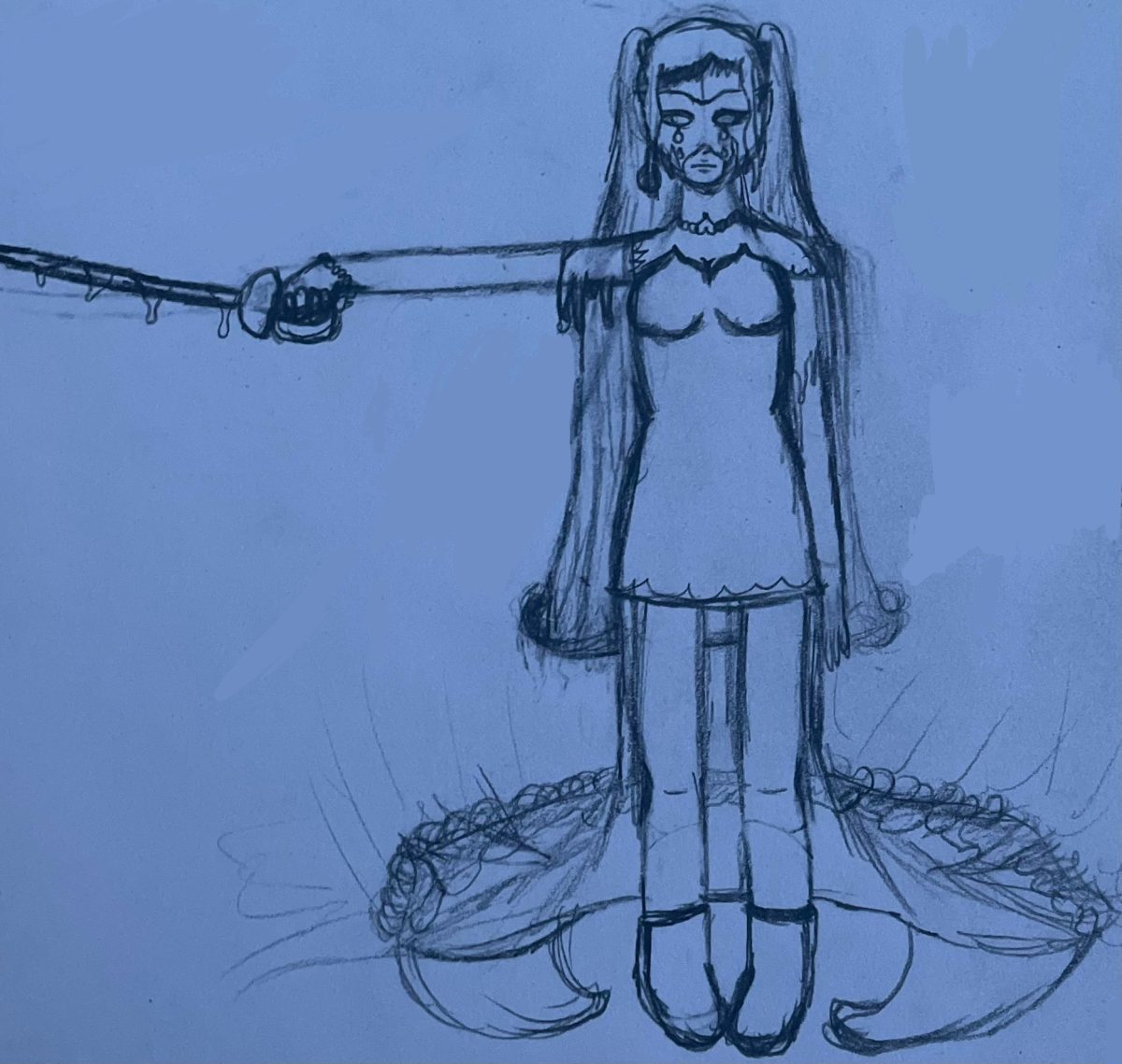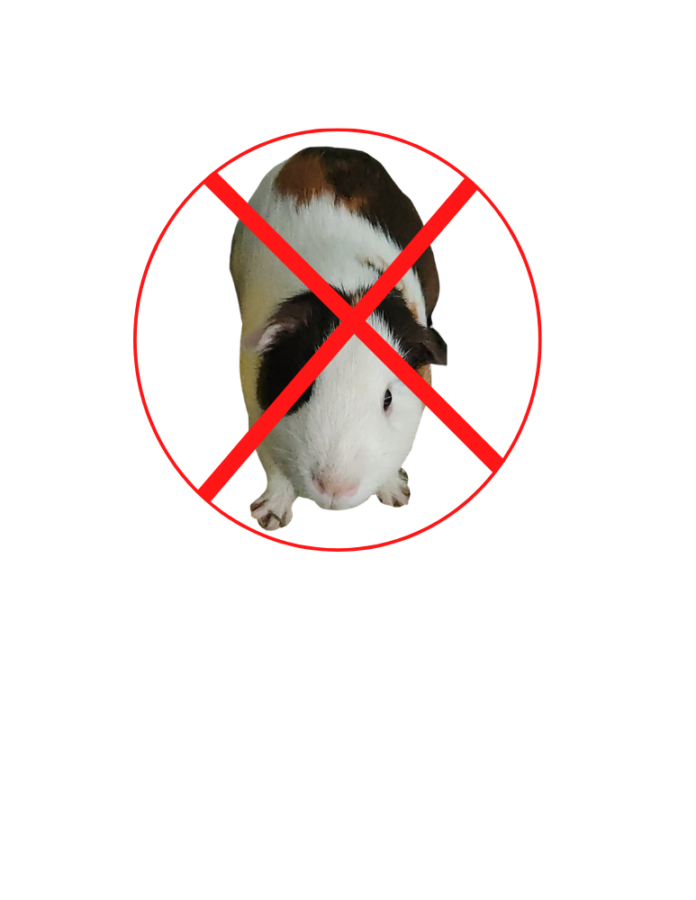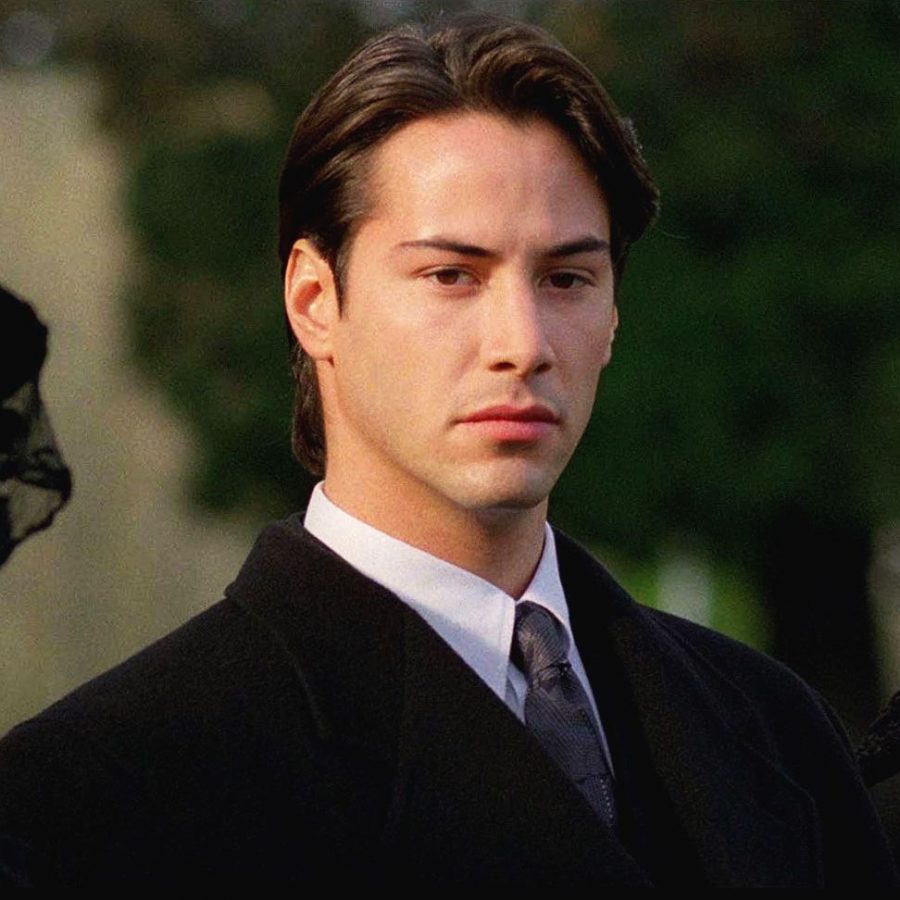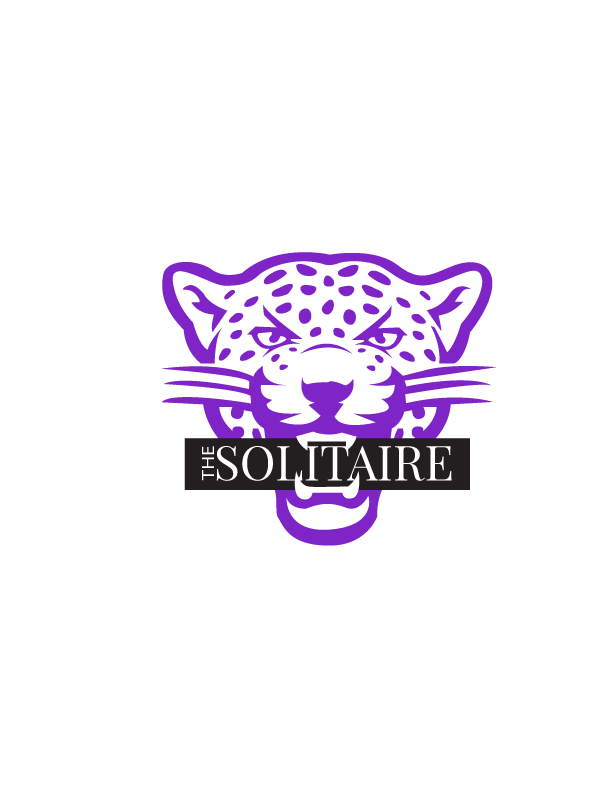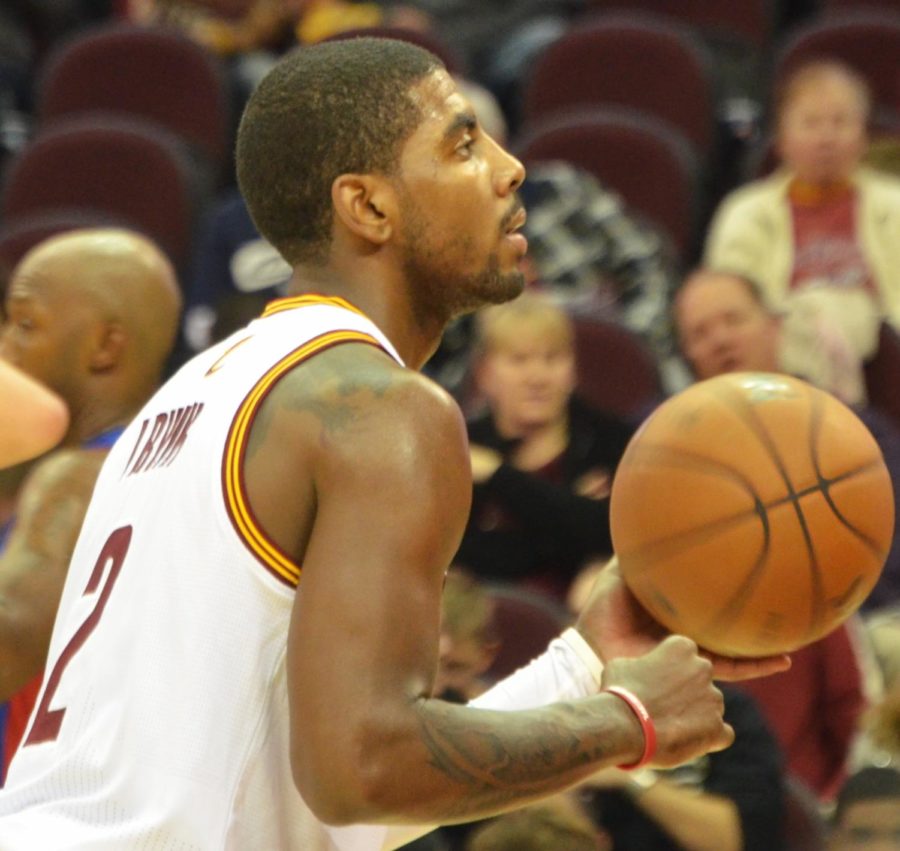Deciding to Dissent
Athletes and coaches that are facing the consequences of not getting vaccinated
Kyrie Irving preparing to make his next move.
Many professional leagues are now requiring their players and athletes to get the COVID-19 vaccine. This leaves the decision of getting vaccines not up to many people when it comes to a career in sports, and these people have found that out the hard way.
Washington State University (WSU) head football coach Nick Rolovich was let go from his position for refusing to get vaccinated. In 2016, Rolovich started his coaching career for the Hawaii Rainbow Warriors. That year, the Rainbow Warriors went 7-7, and made the Hawaii bowl and won, according to sports-reference.com. In 2019 Rolovich was named Mountain Western Conference coach of the year. Rolovich tried to apply for a religious exemption from getting the vaccine, but a WSU committee reviewed and denied his request, according to wsucougars.com.
Brooklyn Nets point guard and seven-time all-star Kyrie Irving is against getting vaccinated and is being benched for it. The Nets organization made the decision to not allow Irving to practice or play with the team until he complies with the New York vaccine mandate, according to espn.com.
“I am doing what’s best for me. I know the consequences here and if it means that I’m judged and demonized for that, that’s just what it is,” Irving said, according to nba.com. “That’s the role I play, but I never wanted to give up my passion, my love, my dream just over this mandate.”
Denver Nuggets forward player Michael Porter Jr. is another basketball player who is refusing the vaccine. Porter, along with his unvaccinated teammates, will be frequently tested and will not be allowed to eat in the same room as his teammates.
“My stance on the mandate is it definitely shouldn’t be a mandate,” Porter said, according to nbcsports.com. “It should be everyone’s decision. I see it both ways. If you want to get it because you feel more protected, and you feel safer, and it’s protecting people around you, get it. That’s good for you. But if you feel like, ‘Oh, for me, I don’t feel safe getting it,’ then don’t get it.”

